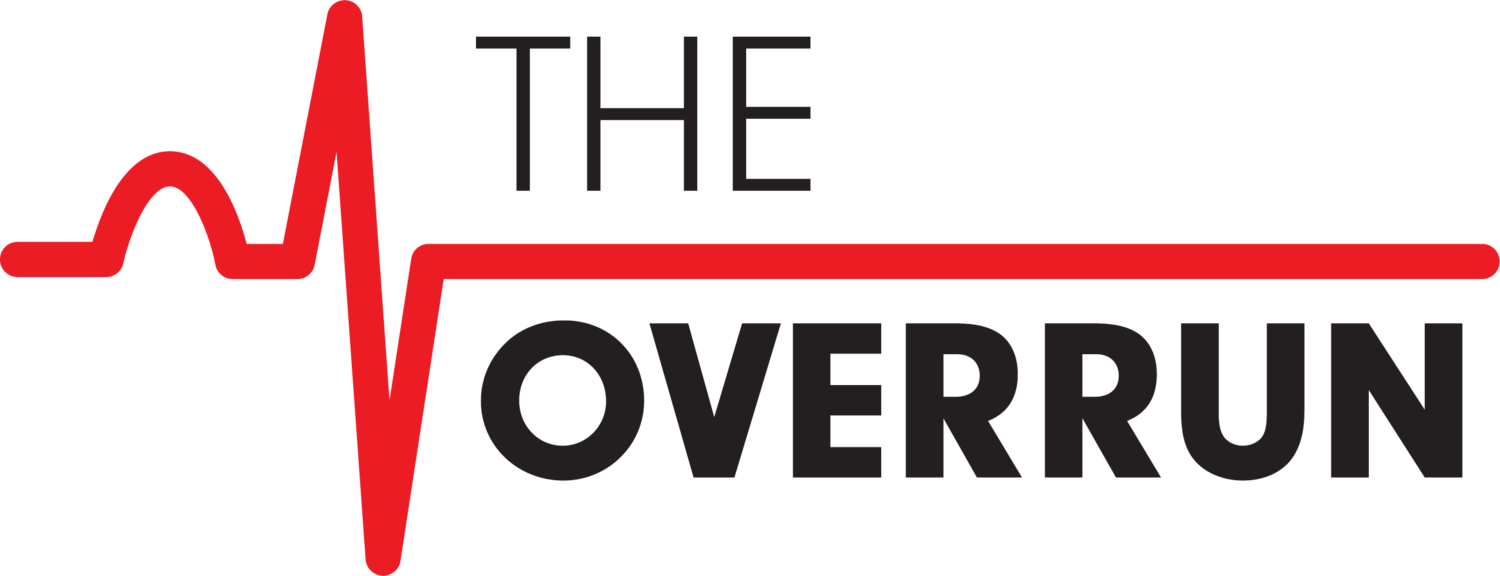If you were at the National Association of EMS Physicians Conference this past week, you would have been able to see Dr. Michael Lauria speak. Mike is a USAF veteran, Pararescueman, flight paramedic, and currently an emergency medicine physician in the US. He has appeared on the EMCrit podcast and numerous others to talk about stress and managing it in the field of medicine.
Dan got to sit with him and discuss how keeping cool on scene in stressful situations actually is better for you and your patients, some simple techniques to use, and why we need to incorporate stress inoculation into all our EMS training.
The stuff we talked about is proven to help you think more clearly and function better when things are going into the weeds....it's definitely worth the time!






